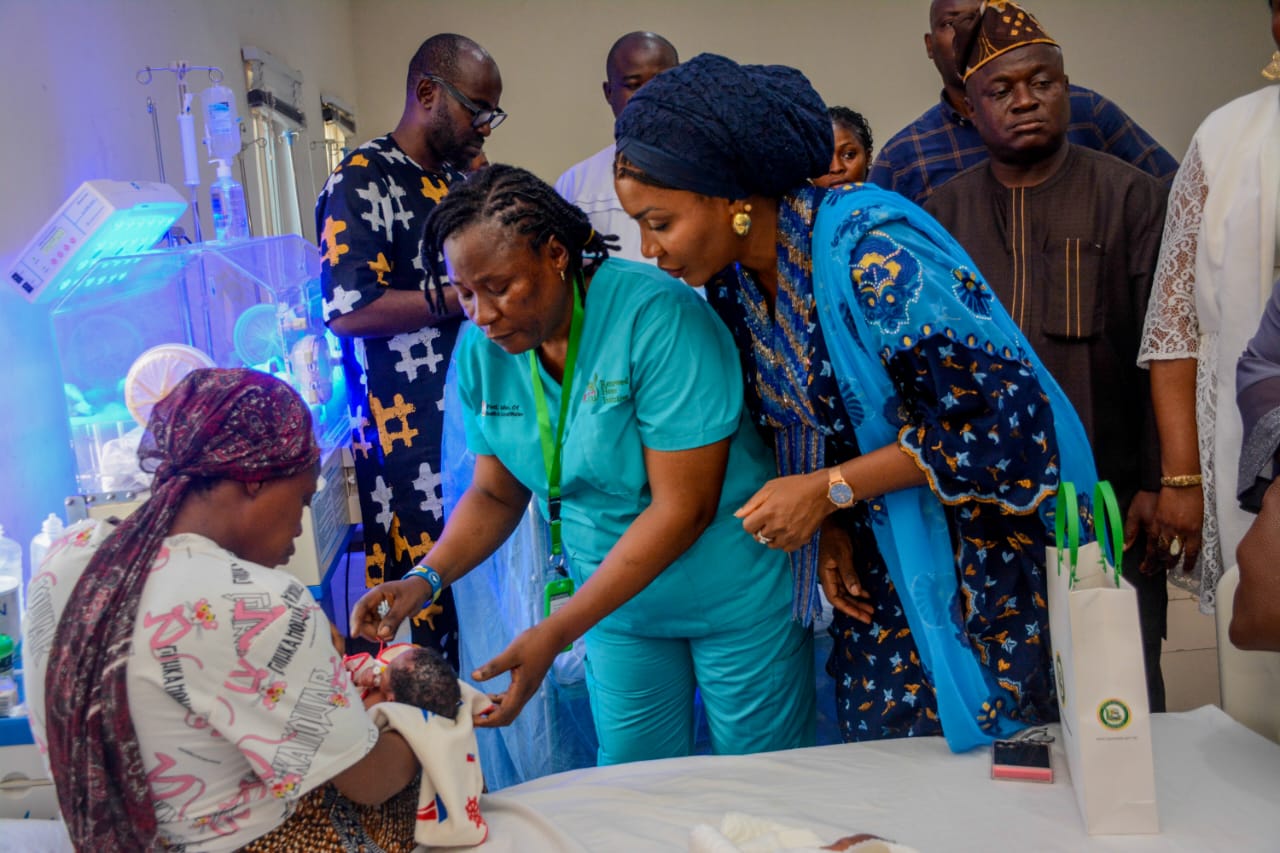Lagos State Governor, Babajide Sanwo-Olu, has underscored the centrality of maritime law in modern global trade, stating that over 90 per cent of global trade is conveyed by sea, and as such, maritime law has evolved from a niche specialisation into a cornerstone of sovereign competitiveness.
The governor stated this during the official book launch of a maritime law trailblazer, Mfon Ekong Usoro, titled ‘International Trade and Carriage of Goods by Sea: Texts, Cases and Materials’, a 576-page book with nine chapters.
The book launch had dignitaries, including the Chief Justice of Nigeria, Justice Kudirat Kekere-Ekun; Akwa Ibom State Governor, Umo Eno; former President of the Court of Appeal, Justice Umaru Abdullahi; President of Dangote group, Aliko Dangote, among others.
The governor, who was represented by the Lagos State Commissioner for Commerce, Trade and Investment, Mrs. Folashade Ambrose-Medebem, stated that Lagos, whose ports account for over 70 per cent of Nigeria’s import and export traffic, is building itself into a global maritime hub. From the Lekki Deep Sea Port to the redevelopment of Tin Can Island as Lagos is not waiting for the future but engineering it.
He described the new book as timely, adding that ports are more than concrete, and trade corridors more than infrastructure; what gives them life and legitimacy are the legal regimes that govern them.
Sanwo-Olu praised Usoro’s legacy. His words: “Through her lifetime of exceptional service—as the first Director General of NIMASA, a reformer, a negotiator, and a teacher—she has built the scaffolding upon which maritime safety, trade efficiency, and legal consistency can rest.”
Dangote echoed the significance of the book, particularly in its treatment of documentary credits and letters of credit areas critical to financial operations in international trade.
“This book will become an indispensable companion for practitioners in maritime industries,” Dangote said.
Author Mfon Usoro expressed gratitude to attendees, noting that the book is her legacy. “I hope it will be studied widely and become a tool for transformation in maritime education and practice.”
Chief Justice Kekere-Ekun described the publication as foundational for Nigeria’s legal and maritime sectors.
“This book brings together domestic statutes, international conventions, and global risk practices into one cohesive whole. It is both an academic and practical masterpiece,” she said.
She also lauded Usoro’s impact as a mentor and role model, saying, “You have shown the heights we can reach with diligence, integrity, and support. Your work is an inspiration, especially to young women and the girl child.”
The book reviewer, Dolapo Akinrele (SAN) noted its scholarly depth and practical relevance.
“When I first saw the book, I was daunted. But upon reading, I found a structured, authoritative text that bridges the gap between theory and practice. This book is not just a publication; it is a reference point for those navigating the complexities of international trade,” he stated.
He added that the book captures the interplay between commerce, sea transport, banking, and insurance, offering clarity on laws, conventions, and standards.
Akinrele also emphasised the importance of legal reliability and predictability in enabling Nigeria to play a leading role in Africa’s maritime renaissance.
“Our legal system is an essential component of business and trade. This book equips our bar, bench, and business sectors with the knowledge necessary for global engagement,” he said.






